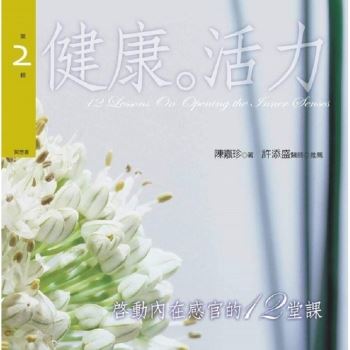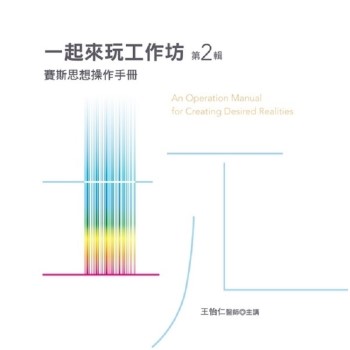Alberto Pérez-Gómez was born in Mexico City in 1949, where he studied architecture and practiced. He did postgraduate work at Cornell University, and was awarded an M.A. and a Ph.D. by the University of Essex (England). He has taught at universities in Mexico, Houston, Syracuse, Toronto, and at London’s Architectural Association. In 1983 he became Director of Carleton University’s School of Architecture. Since January 1987 he has occupied the Bronfman Chair of Architectural History at McGill University, where he founded the History and Theory Post-Professional (Master’s and Doctoral) Programs. Pérez-Gómez has lectured extensively around the world and is the author of numerous articles published in major periodicals and books. His book Architecture and the Crisis of Modern Science (MIT Press, 1983) won the Hitchcock Award in 1984. Later books include the erotic narrative theory Polyphilo or The Dark Forest Revisited (1992), Architectural Representation and the Perspective Hinge (co-authored with Louise Pelletier, 1997), which traces the history and theory of modern European architectural representation, and most recently, Built upon Love: Architectural Longing after Ethics and Aesthetics (2006). This last book examines points of convergence between ethics and poetics in architectural history and philosophy drawing important conclusions for contemporary practice. Perez-Gomez is also co-editor (with Stephen Parcell) of a well-known series of books entitled CHORA: Intervals in the Philosophy of Architecture. The seventh volume in this series appeared in February 2106. His most recent work titled Attunement, Architectural Meaning after the Crisis of Modern Science (MIT, March 2016) examines connections between phenomenology, recent cognitive science and emerging language, seeking attunement in architecture and the urban environment.
| FindBook |
有 1 項符合
Timely Meditations, vol.2: Architectural Philosophy and Hermeneutics的圖書 |
 |
Timely Meditations, vol.2: Architectural Philosophy and Hermeneutics 作者:Perez-Gomez 出版社:Createspace Independent Publishing Platform 出版日期:2016-07-12 語言:英文 規格:平裝 / 302頁 / 22.86 x 15.24 x 1.6 cm / 普通級/ 初版 |
| 圖書館借閱 |
| 國家圖書館 | 全國圖書書目資訊網 | 國立公共資訊圖書館 | 電子書服務平台 | MetaCat 跨館整合查詢 |
| 臺北市立圖書館 | 新北市立圖書館 | 基隆市公共圖書館 | 桃園市立圖書館 | 新竹縣公共圖書館 |
| 苗栗縣立圖書館 | 臺中市立圖書館 | 彰化縣公共圖書館 | 南投縣文化局 | 雲林縣公共圖書館 |
| 嘉義縣圖書館 | 臺南市立圖書館 | 高雄市立圖書館 | 屏東縣公共圖書館 | 宜蘭縣公共圖書館 |
| 花蓮縣文化局 | 臺東縣文化處 |
|
|
圖書介紹 - 資料來源:博客來 評分:
圖書名稱:Timely Meditations, vol.2: Architectural Philosophy and Hermeneutics
A Practical Guide to Injunctions Pursuant to Section 187B of the Town and Country Planning Act 1990
The Acoustic Environment of Care Homes: Case Studies from China
Navigating the Cyber Maze: Insights and Humor on the Digital Frontier
Navigating the Cyber Maze: Insights and Humor on the Digital Frontier
Digital Transitioning in the Built Environment in Developing Countries
Designing Commercial Interiors
The Renewal of Post-War Manchester: Planning, Architecture and the State
Privacy in Vehicular Networks: Challenges and Solutions
Privacy in Vehicular Networks: Challenges and Solutions
Women Architects at Work: Making American Modernism
The Acoustic Environment of Care Homes: Case Studies from China
Navigating the Cyber Maze: Insights and Humor on the Digital Frontier
Navigating the Cyber Maze: Insights and Humor on the Digital Frontier
Digital Transitioning in the Built Environment in Developing Countries
Designing Commercial Interiors
The Renewal of Post-War Manchester: Planning, Architecture and the State
Privacy in Vehicular Networks: Challenges and Solutions
Privacy in Vehicular Networks: Challenges and Solutions
Women Architects at Work: Making American Modernism
|











